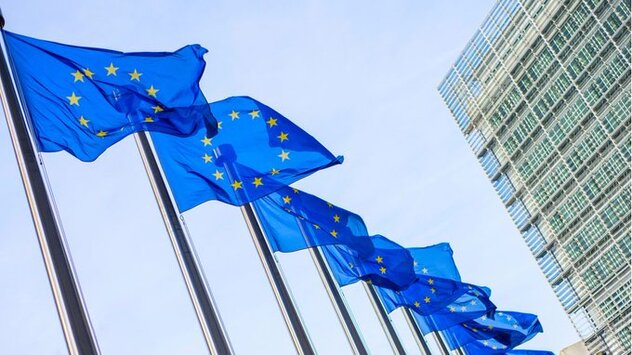
Microsoft Data Sovereignty Concerns Spark EU Privacy Alarm
Microsoft has confirmed that it cannot fully guarantee data sovereignty for customers in the European Union, even with localized data centers and sovereignty promises. Under the US Cloud Act, American companies are legally required to comply with valid data requests from the US government—even if the data is stored abroad. This revelation has renewed data privacy concerns, especially for European enterprises seeking to comply with GDPR and national data laws. The microsoft data sovereignty debate is once again in the spotlight, as trust in US cloud providers wavers across the EU.
Legal Obligations Undermine Microsoft’s EU Cloud Strategy
Although Microsoft has invested heavily in building a sovereign cloud infrastructure for the EU, including the EU Data Boundary project, it still falls under US jurisdiction. Company representatives in France recently admitted that they must legally comply with valid US government data access requests—even those concerning European user data. Despite Microsoft's assurance that no such requests have occurred so far, privacy experts argue that the legal vulnerability remains significant. As a result, businesses seeking absolute control over their data may have to rethink reliance on US-based cloud providers.
Microsoft’s Transparency Promises Offer Little Legal Protection
Microsoft claims to analyze and contest any data access requests it deems unfounded, and it highlights its history of transparency around government data requests. Still, its legal obligations mean it cannot outright deny access if the request meets US legal standards. This stark limitation makes microsoft data sovereignty seem more like a best-effort promise rather than a guaranteed right. Even with initiatives aimed at minimizing data transfer outside the EU, the legal architecture favors US oversight—prompting EU leaders to push for stronger digital independence.
Future of EU Digital Sovereignty Beyond US Tech Giants
The fallout from Microsoft’s admission could intensify Europe’s push to decouple from US tech dominance. Governments and businesses alike may accelerate adoption of European-based cloud alternatives or implement private encryption strategies that lock out even cloud service providers themselves. While tech giants like AWS, Google, and Microsoft have been investing in EU-localized services, they still remain bound by US laws. Until there’s a structural shift in how cross-border data jurisdiction is handled, microsoft data sovereignty will remain a contested and fragile concept for European users.
𝗦𝗲𝗺𝗮𝘀𝗼𝗰𝗶𝗮𝗹 𝗶𝘀 𝘄𝗵𝗲𝗿𝗲 𝗿𝗲𝗮𝗹 𝗽𝗲𝗼𝗽𝗹𝗲 𝗰𝗼𝗻𝗻𝗲𝗰𝘁, 𝗴𝗿𝗼𝘄, 𝗮𝗻𝗱 𝗯𝗲𝗹𝗼𝗻𝗴. We’re more than just a social platform — from jobs and blogs to events and daily chats, we bring people and ideas together in one simple, meaningful space.